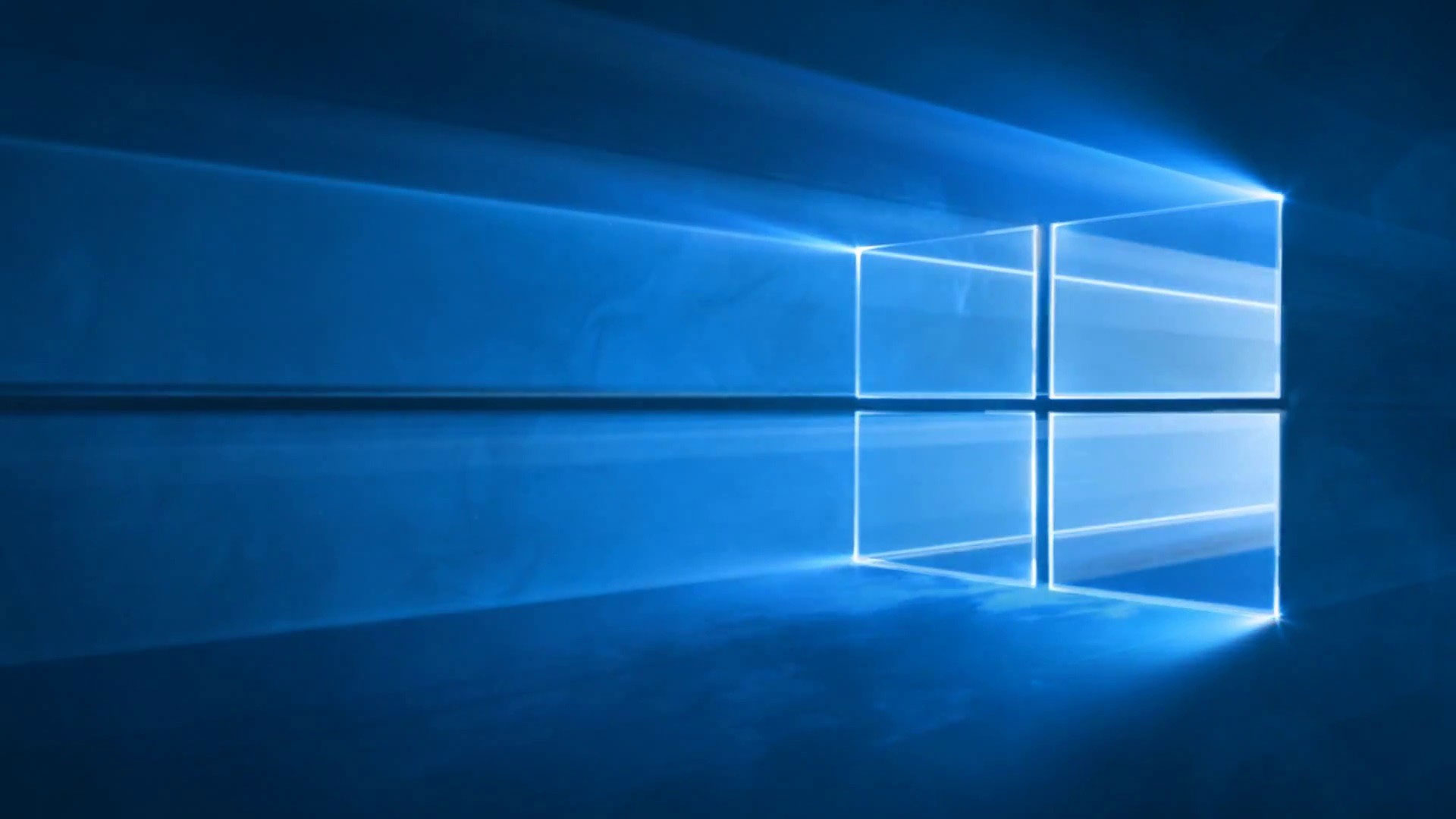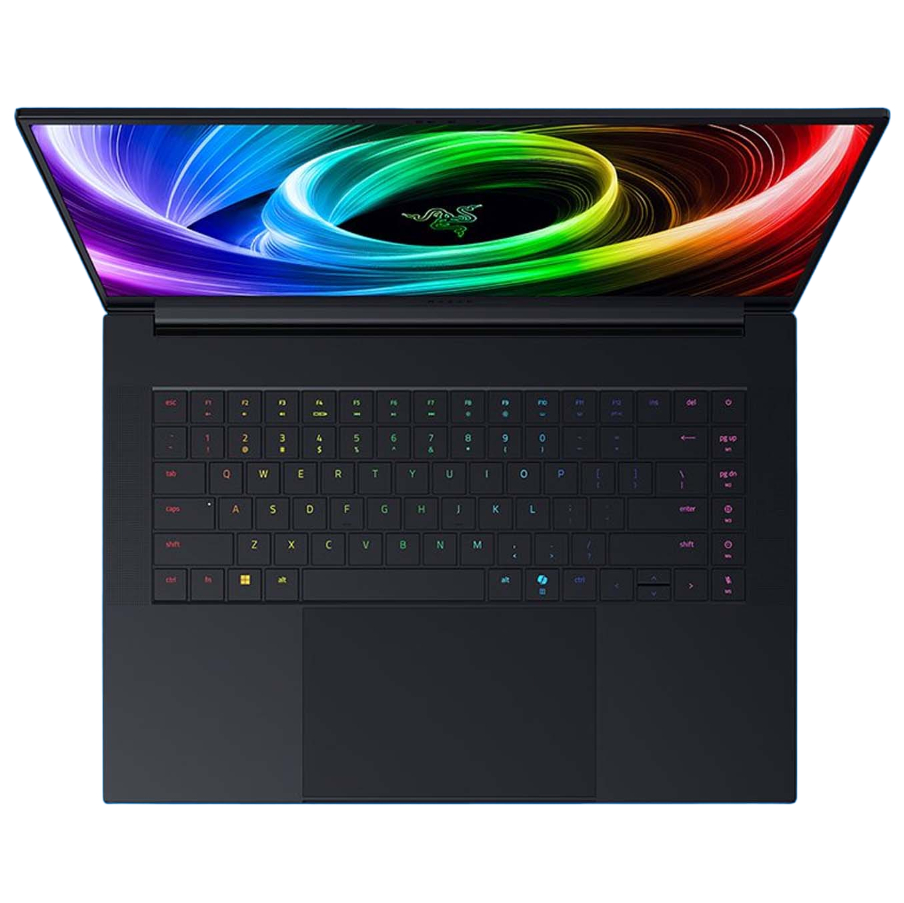When Microsoft finally pulls the plug on Windows 10 its successor will be four years old, and for three of those, it was never the OS of choice amongst Steam users
Windows 11 has yet to crack 60% of any Steam Hardware Survey.

A single survey only ever tells you a snapshot of how things are, but take 44 consecutive surveys, and the patterns you see will give you some good insights. That's what Valve has been doing for the past four years, and delving into its hardware survey results over time shows that PC gamers have been very reluctant to move away from Windows 10. Even its impending support door slam doesn't seem to be shifting users in droves.
You can check the numbers yourself, of course, by going through Valve's monthly Steam Hardware Survey posts on the Internet Archive's Wayback Machine. That's what I did to create the chart below, and what you're looking at are the percentage shares that Windows 11, 10, and 7 have in each survey.
Windows 11 officially launched in October 2021, and after an initial burst of uptake in the survey, Microsoft's latest operating system has taken a long time to reach any semblance of majority within the results. In fact, it only overtook Windows 10 for the first time in August 2024, almost three years after its release.
Although Windows 11 now enjoys a respectable 19% margin over Windows 10 (58% vs 37%), Steam users are clearly still reluctant to change. Gamers who prefer to use pre-built systems or laptops aren't going to rush and buy a new gaming PC every year, but that doesn't mean they can't upgrade their operating system.
Well, it depends on just how old their hardware is, of course, as Microsoft's system requirements for Windows 11 block the upgrade path if the machine doesn't sport a UEFI BIOS, with Secure Boot and TPM 2.0—even if the rest of the components are capable of handling the operating system.
This makes me wonder how long, if at all, it will take Windows 10 to slide down Valve's survey results to the point where it's on par with Windows 7, which is currently still ticking over with 0.1%. Using the above chart to extrapolate, it will take 82 months (almost 7 years) to fall to the same level, if one assumes the linear decline continues unchanged.
That almost certainly won't be the case, because there's one fly in the ointment: Microsoft will be pulling support and quality/feature updates this October, though security updates will continue for at least another year. After that, there could be a very rapid drop in Windows 10 users in the Steam survey.
Keep up to date with the most important stories and the best deals, as picked by the PC Gamer team.
Whether it does or doesn't, the survey results for Microsoft should serve as a cautionary tale for its eventual successor to Windows 11. That's because even after four years of updates to the operating system, new hardware releases, and fresh gaming PC desktops and laptops, Windows 11 still hasn't cracked 60% of any Steam survey sample. If it's to avoid a repeat of this, Microsoft will need to make Windows 12—if that's what it decides to name it—as accessible and worthy of choosing as possible.
I also grabbed the usage results for Linux and MacOS, to see if the launch of the Steam Deck in February 2022 had any noticeable impact. As you can see, the answer is: not immediately. Linux has risen from around 1% to over 2.5% in three years, which doesn't seem very impressive on face value.
However, the number of Steam Decks bought pales in comparison to the vast swathes of desktop PCs and laptops purchased and used for gaming. Valve has never released any official figures, but it's certainly several million.
PC vendors, on the other hand, ship hundreds of millions of units each year, and even though only a small fraction of them will be used to play Steam games, it's still going to be a much larger total. So usage figures for Linux are going to be much lower than those for Windows.
However, while Linux's survey share rose by a factor of 2.5x in three years, Windows 11 only changed by a factor of 3.7x in the same period—despite having a far larger user base.
And as SteamOS starts to work its way onto other devices, you can expect the figure for Linux to continue to grow in time. Valve isn't out to compete against Microsoft in the OS market, but the reluctance of Steam users to shift over to Windows 11 suggests that if SteamOS ever became a viable option for desktop PCs, the survey results could end up looking drastically different.
Valve's hardware survey doesn't tell us the OS choice of every PC gamer out there, so let's do a little questionnaire of our own. Just click the operating system of your main gaming rig and watch the results come in. It'll be interesting to compare the figures to Valve's, that's for sure.

👉Check out our list of guides👈
1. Best gaming laptop: Razer Blade 16
2. Best gaming PC: HP Omen 35L
3. Best handheld gaming PC: Asus ROG Ally X
4. Best mini PC: Minisforum AtomMan G7 PT
5. Best VR headset: Meta Quest 3

Nick, gaming, and computers all first met in 1981, with the love affair starting on a Sinclair ZX81 in kit form and a book on ZX Basic. He ended up becoming a physics and IT teacher, but by the late 1990s decided it was time to cut his teeth writing for a long defunct UK tech site. He went on to do the same at Madonion, helping to write the help files for 3DMark and PCMark. After a short stint working at Beyond3D.com, Nick joined Futuremark (MadOnion rebranded) full-time, as editor-in-chief for its gaming and hardware section, YouGamers. After the site shutdown, he became an engineering and computing lecturer for many years, but missed the writing bug. Cue four years at TechSpot.com and over 100 long articles on anything and everything. He freely admits to being far too obsessed with GPUs and open world grindy RPGs, but who isn't these days?
You must confirm your public display name before commenting
Please logout and then login again, you will then be prompted to enter your display name.

